Saudi Arabia’s startup ecosystem isn’t just heating up, it’s exploding. The Kingdom has become one of the fastest-growing innovation hubs globally, with a booming pipeline of tech ventures across fintech, AI, logistics, and health. But unlike the early days, this isn’t just about splashy investments or state-backed moonshots. A new generation of Saudi founders is building real companies solving real problems, often with a uniquely local twist.
These aren’t just startups with flashy decks or big valuations; they’re solving for Saudi-specific realities, from fragmented wholesale markets to Arabic digital sentiment to logistics in 45-degree heat. They reflect a maturing ecosystem: one where founders are solving problems they know intimately, for users they understand deeply.
Here are nine startups that are shaping the Saudi tech scene in 2025 and poised to define its next chapter in 2026.
Lean Technologies
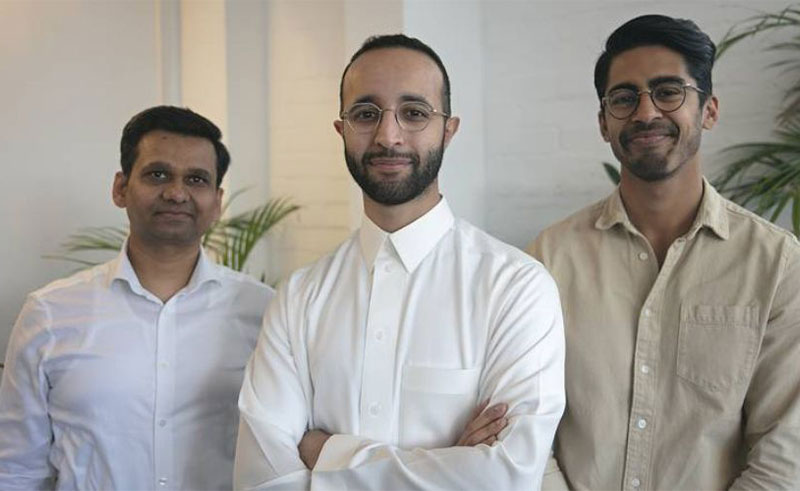
Founded by Hisham Al-Falih, Ashu Gupta, and Aditya Sarkar, Lean Technologies is what happens when you build the fintech rails of the future.
The startup provides secure APIs that enable open banking across the Middle East, allowing fintech apps to connect with banks, access user data (with permission), and process payments seamlessly. It’s not flashy, but it’s foundational and it powers some of the region’s fastest-growing platforms, including Tabby and Tamara. With regulators across the Gulf embracing open banking, Lean is perfectly positioned to be the backend of Saudi fintech for years to come.
Lucidya
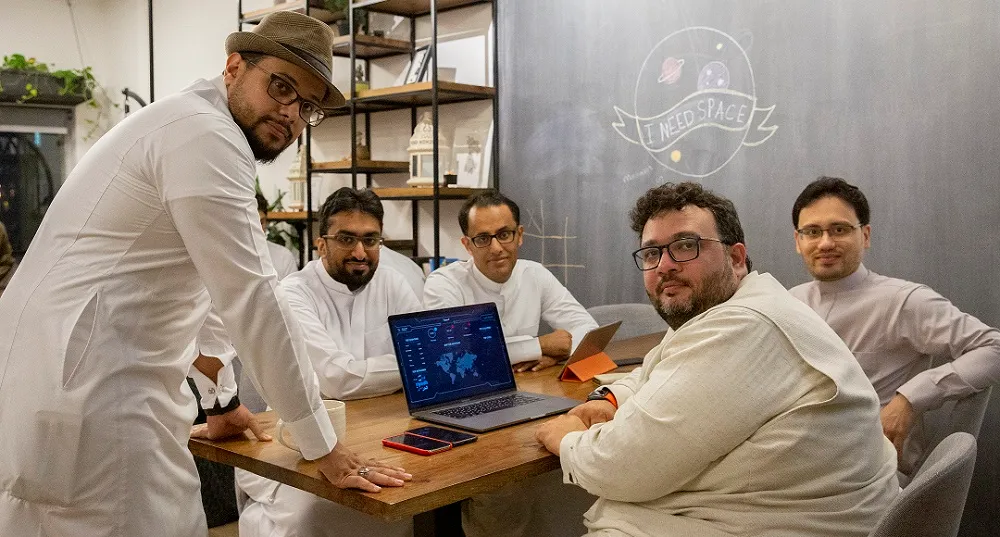
Customer experience isn’t just about surveys anymore, it’s about decoding massive volumes of online chatter. That’s where Lucidya comes in. Co-founded by Abdullah Asiri, Hatem Kameli, Mohamed Milyani, and Zuhair Khayyat, the startup uses AI to help businesses monitor and analyze what their customers are saying across Arabic-language platforms.
The key? Lucidya understands more than 15 Arabic dialects with high accuracy, giving it an edge over global competitors that struggle with linguistic nuance. In a region where digital feedback can shift fast and virally, Lucidya’s insights are pure gold for governments, banks, and consumer brands alike.
Tamara

If you’ve bought anything online in Saudi Arabia in the last year, there’s a good chance Tamara was involved. The buy-now-pay-later platform, founded by Abdulmajeed Alsukhan, Turki Bin Zarah, and Abdulmohsen Al Babtain, has become a staple of e-commerce checkout flows across the Gulf.
But Tamara is no longer just a payment button. It’s evolving into a full-fledged consumer fintech platform, offering subscriptions, installment plans, and deeper partnerships with regional retailers. With a growing appetite for flexible payments and a user base that’s both mobile-first and credit-averse, Tamara is riding the perfect wave.
Foodics

Point-of-sale systems aren’t usually exciting, unless you’re Foodics. Founded by Ahmad Al-Zaini and Mosab Alothmani, the Riyadh-based startup is quietly transforming how restaurants operate.
Their cloud-based platform doesn’t just track orders and receipts, it handles everything from inventory to staffing to performance analytics. Foodics is now used by thousands of restaurants across the MENA region and has secured over $170 million in funding to date. In a fragmented F&B market hungry for digitization, Foodics is building the infrastructure that lets restaurants scale and survive.
Sary
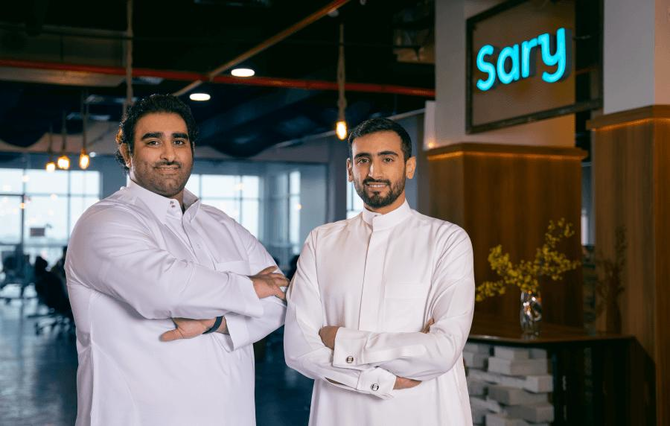
Sary is one of those startups solving a problem so obvious it’s wild it wasn’t fixed earlier. Co-founded by Mohammed Aldossary and Khaled AlSiari, Sary is a B2B marketplace that connects small retailers – think corner shops, bakers, and cafeterias – with suppliers.
Before Sary, most of these transactions were handled manually, with phone calls, middlemen, and unpredictable logistics. Now, businesses can restock with a few taps. The startup has been quietly digitizing the wholesale market in Saudi Arabia, turning one of the most overlooked parts of the supply chain into a tech-enabled engine.
Mawidy

Access to healthcare in remote parts of the Kingdom has long been a challenge. Mawidy, founded by Dr. Mohammed bin Rashid Al-Hamali, is helping close that gap with a sleek, mobile-first telemedicine platform. Patients can consult with licensed doctors, manage prescriptions, and schedule follow-ups – all from their phones.
What makes Mawidy stand out is its focus on Arabic-first UX and partnerships with government health programs. As virtual care becomes a permanent fixture of modern healthcare, Mawidy is leading the charge in making it accessible across Saudi Arabia.
Reachware

Reachware may not be a household name yet, but it’s making life a whole lot easier for businesses behind the scenes. Founded by Hamza Abusitta and Maysarah Mashaal, the startup specializes in automation and systems integration, essentially helping companies get all their disconnected software to talk to each other.
Whether it’s syncing logistics, customer service, or HR tools, Reachware streamlines operations in sectors that have long been bogged down by manual processes. In a Kingdom where many businesses are still going digital for the first time, Reachware is enabling that leap.
Cipher
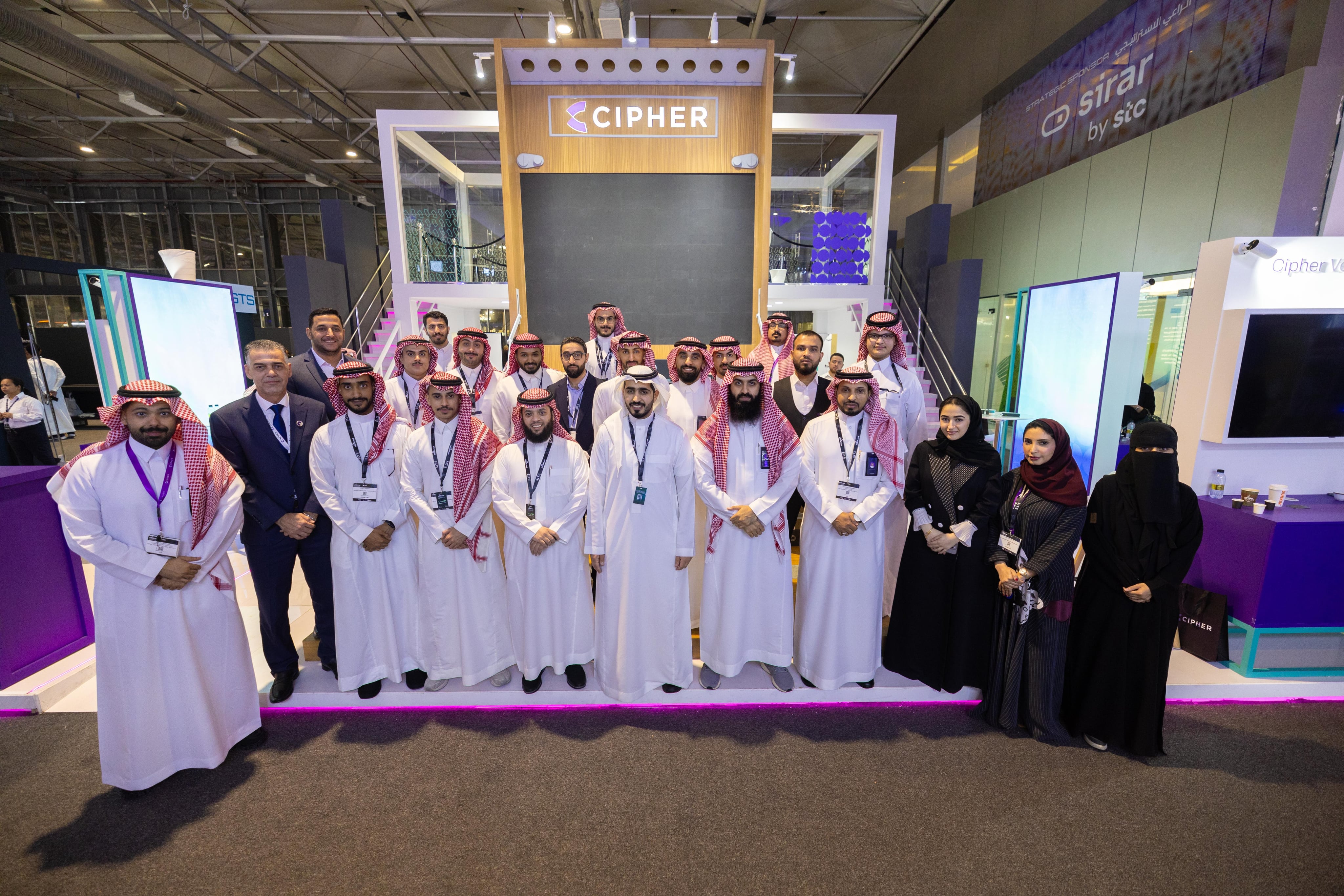
As Saudi Arabia digitizes, cybersecurity isn’t optional, it’s urgent. That’s where Cipher steps in. Founded by Thamer Aldhafiri, the startup is developing localized cybersecurity solutions for a rapidly growing digital economy.
From risk assessments to real-time threat monitoring, Cipher caters to the unique regulatory and cultural context of the Gulf, which gives it an edge over imported, one-size-fits-all tools. With cyber threats rising, especially in finance, government, and oil, Cipher’s relevance is only going to increase.
Mr. Mandoob
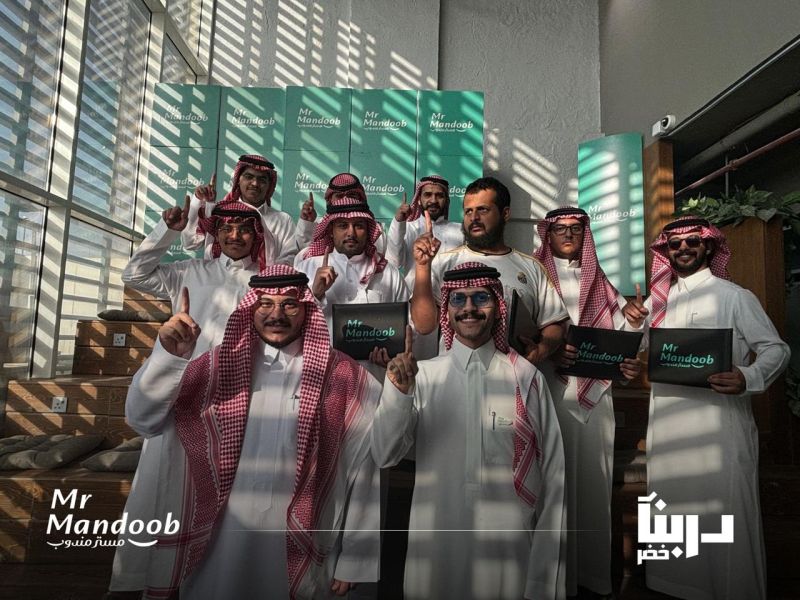
Last-mile delivery might be the least glamorous part of the logistics chain, but it’s arguably the most critical, especially in a sprawling country like Saudi Arabia.
Founded by Hamud Alghusn, Mr. Mandoob, while still relatively under the radar, is tackling that challenge head-on. The startup operates a network of delivery drivers who specialize in getting packages from warehouses to doorsteps efficiently and reliably. In a market where e-commerce is booming and customer expectations are sky-high, Mr. Mandoob is trying to solve the final stretch, and doing so with a focus on speed, local knowledge, and adaptability.


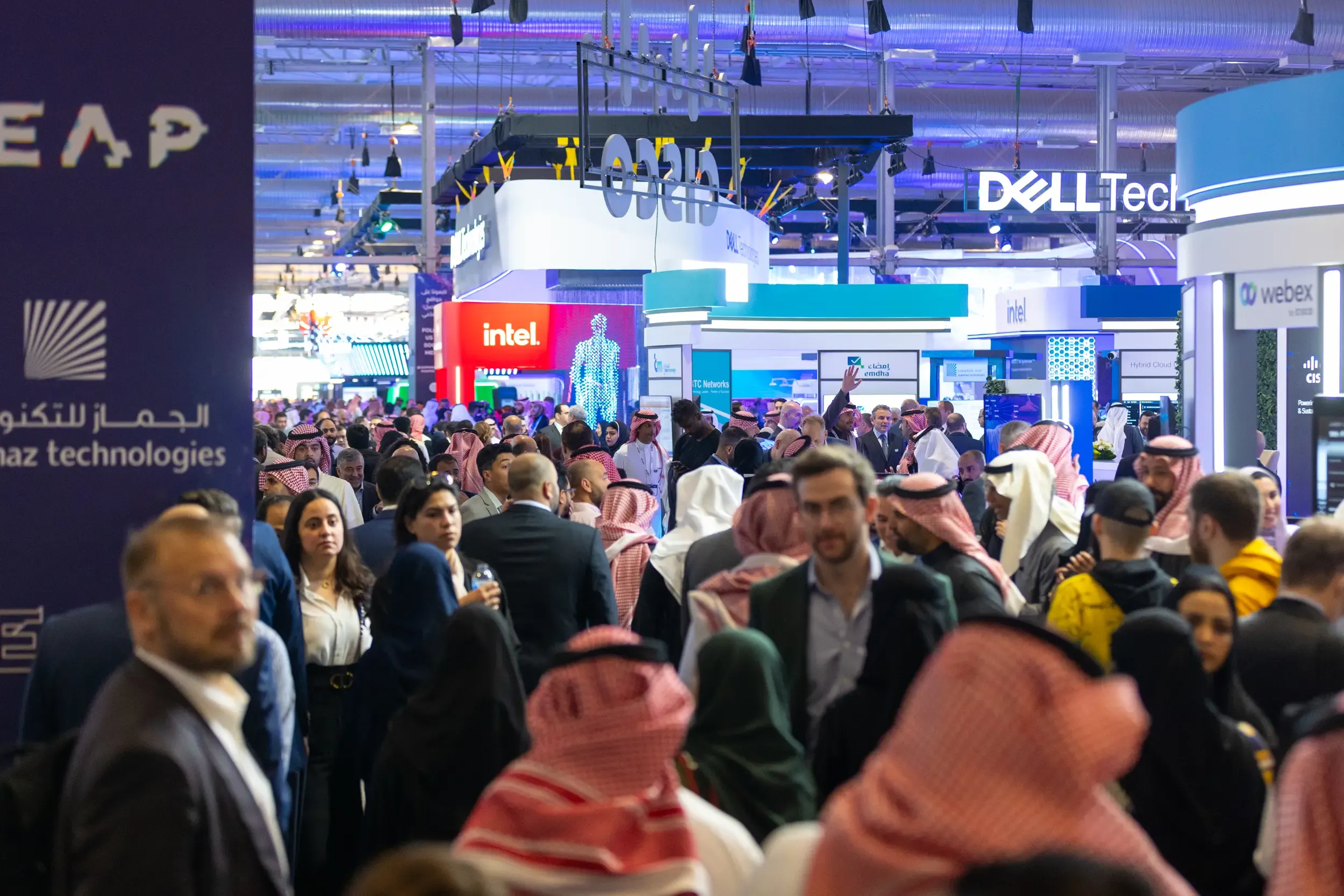





Comments (0)